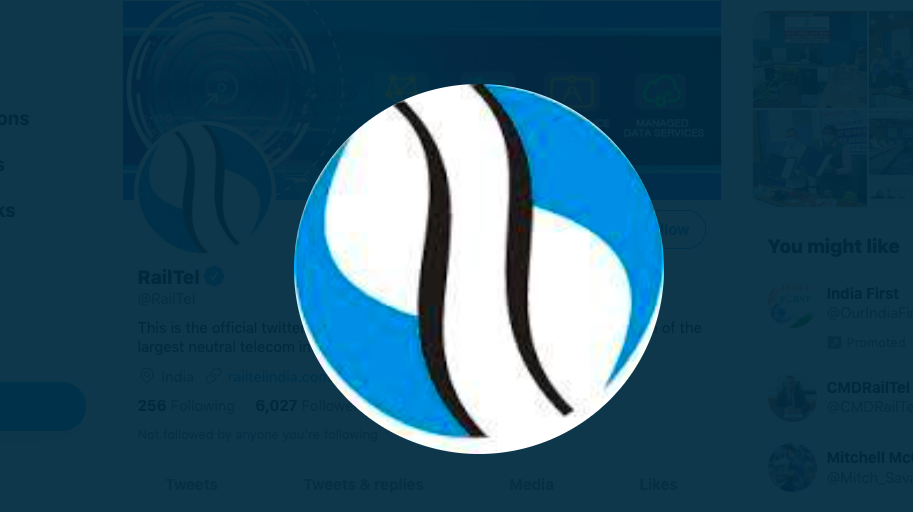Healthium Medtech, a global player in medical devices, has successfully acquired the AbGel gelatin sponge business from Mumbai-based SGK Labs, adding to its product portfolio focused on surgical and post-surgical care.
Wodehouse Capital was the sole financial advisor to SGK Labs in this transaction, a release said.
AbGel is a recognised brand in the gelatin sponge category and has been used in India since 1980. It is a market leader in this category and used in various surgical applications.
Headquartered in Mumbai with a state-of-the-art manufacturing facility, SGK Labs is renowned for its quality and has been a preferred partner for leading hospitals and medical professionals across India. Healthium aims to further expand the market access of this brand using its wide network of hospitals across India.
Healthium, with a lineage of over 35 years is completely owned by British private equity firm Apax Partners LLP, that has assets in excess of $50 billion.
Healthium’s product portfolio includes surgical sutures, needles, a patented arthroscopy portfolio, a urology portfolio, hernia meshes, haemostats, gloves, ligation clips, surgical staplers and other wound closure devices. It holds or has applied for 60 patents in India and U.S.
SGK Labs Managing Director Viral Parekh said, “AbGel is the leading and most trusted brand of haemostatic sponges. Under Healthium’s management, I am confident that AbGel shall have a wider market reach in the ever-growing medical devices segment.”
Healthium Medtech CEO and MD Anish Bafna said, “Hemostasis during surgical procedures is an area of concern for surgeons. We are excited to add a brand like AbGel that has become synonymous with the gelatin sponge category and has been contributing to safer surgeries for over 4 decades. This acquisition strengthens our presence in the category and our commitment to drive value for our customers.”
Wodehouse Capital Managing Director and CEO Manmohan Tiwana said, “AbGel is strategic fit for Healthium with a complementary business model. The market for medical devices and technology, though rapidly evolving, is still highly fragmented with limited indigenous manufacturing, where the imports constitute majority of the estimated $2.75 billion market. With such acquisitions, established Indian companies can take indigenous brands to the rest of world, thereby unleashing its full potential and creating mega brands globally.”





